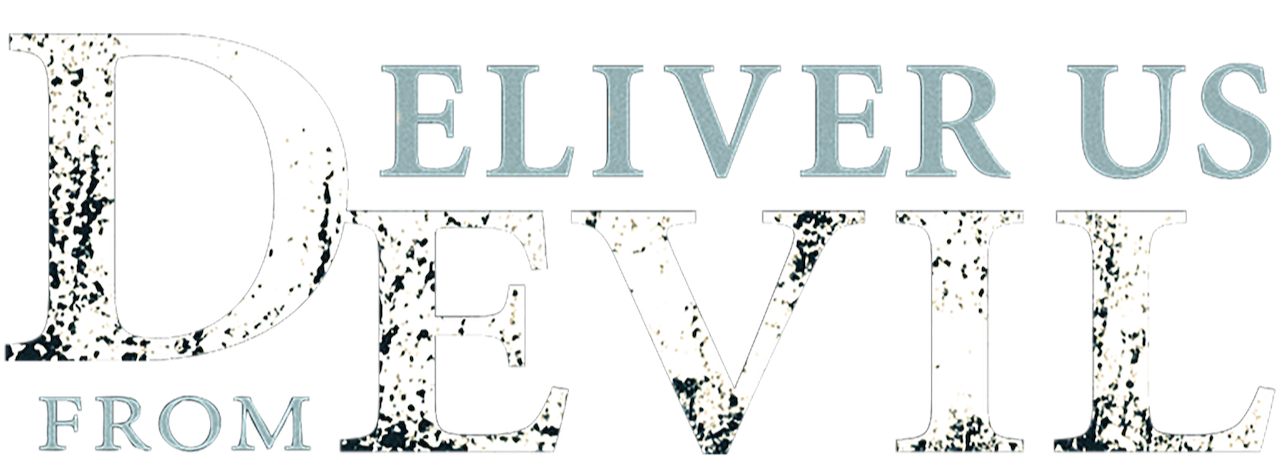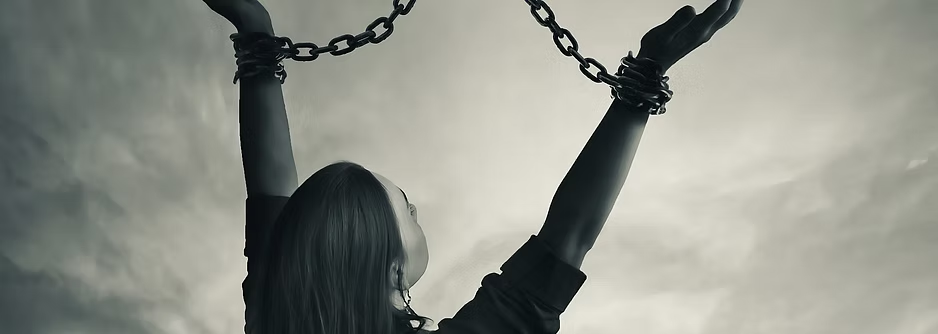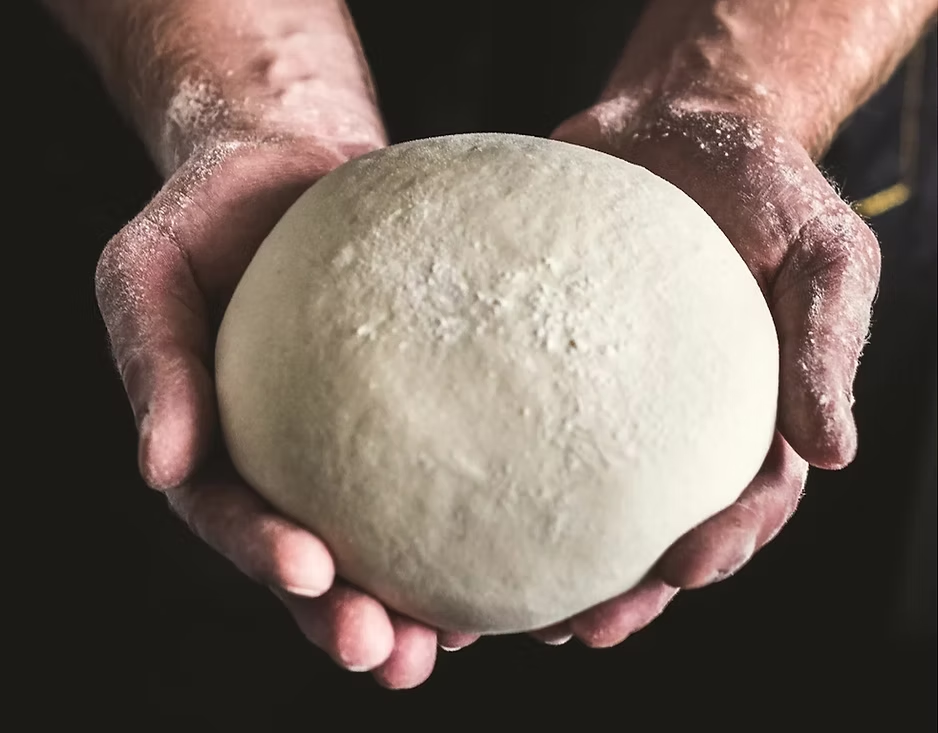When I was young, I wondered why Jesus didn’t come to earth as a woman (they seemed smarter to me). I also wondered why Jesus hadn’t come as an Irishman (our family is part Irish), or even as a three-toed sloth (my favorite animal). And why had he come only once, so long ago, instead of coming today and every day for a visit? Jesus coming only once, in one place, as one person, at one point in history—that just didn’t seem “fair” to me.
My dad was a gentle, gracious, and wise man. I often peppered him with my weird and wonder-full questions, and he would patiently help me think through possible answers.
“Why did Jesus not come as a woman?” I’d ask him.
“He could have,” my dad would say. “God can do anything. But men were the powerful people in that culture, as in most, and maybe Jesus came in that form in order to teach the people with power how to lay it down. Remember him teaching his disciples to wash feet? In that culture, a job like that was reserved for servants or women, who had no power. But as Jesus washed his all-male disciples’ feet, he told them they needed to learn how to wash feet too!”
“Why not an Irishman?” I’d probe.
“He could have. God can do anything. But he had already been patiently working with a group of people, the Jewish people, to teach them how to be the light of the world together. When they weren’t lighting up the world the way God wanted, Jesus came specifically to them, as one of them.”
“Why not a three-toed sloth?” I’d ask.
“He could have,” my dad would say, somehow still patient. “God can do anything. Back in the days of Moses, God became a fire in a bush and a pillar of cloud, so I’m sure he could become a three-toed sloth if he wanted to. But remember, of all creatures, we alone are made in the image and likeness of God. We were put in charge of the planet in order to take care of creation. Just think of it—through our choices, we can take care of three-toed sloths, or harm them by harming their environment. Our choices affect them in ways their choices will never affect us, just as our environmental decisions affect the lives of every species in ways that their decisions do not. We are the powerful ones in nature. But as we learned from Spider-Man, ‘With great power comes great responsibility.’ We are made like God, which means that we need to learn from God how to use power to love, to care, and to cultivate.”
“But why then and not now?” I’d say.
“He could have. God can do anything. But his timing does seem perfect. Back then, Roman roads had only recently made it possible for the gospel to travel far and wide with new directness. The Pax Romana (Roman peace) made it possible to travel those roads with reasonable safety. And a common language, Greek, started to be spoken among different people groups, allowing them to communicate with each other as never before. And the Romans executed people in a very bloody way—crucifixion—which would allow God to demonstrate the coming of the New Covenant and the end of all religious sacrifice to a people who saw blood as the centre of religious sacrifice. Once that was all in place, why wait another day?”
“Why not just come every day?”
“He could do that,” my dad would say, still with a patient grin. “God can do anything. In fact, he does that every day and every moment through his Holy Spirit. But Brux, if God was really going to become one of us through Jesus—I mean, really become human—then that means he doesn’t get to come every day in every place. Humans don’t live that way. Humans live one life in one place at a time. And God decided to become human just like us.”
My dad and my mom and my older sisters and Sunday school teachers and youth pastors—all of them had to put up with my many questions. And their patience paid off. I finally got it: God came to us as one of us. That’s the incarnation, and it’s central to the gospel. This idea of incarnation has profound implications. Theologians call this “the scandal of particularity.”
In becoming human, God became particular, a specific human, not just humanity as some generalized concept. And that creates particularity in time and space, gender and race. God became this and not that. God became a man and not a woman. God became a Jew and not a Gentile. God became an Israelite and not a Canadian. God became a poor person and not a rich person. God became a first-century person and not a twenty-first-century person.
The apostle Paul wrote:
“But when the set time had fully come, God sent his Son, born of a woman, born under the law, to redeem those under the law, that we might receive adoption to sonship. Because you are his sons, God sent the Spirit of his Son into our hearts, the Spirit who calls out, “Abba, Father.” So you are no longer a slave, but God’s child; and since you are his child, God has made you also an heir” (Galatians 4:4-7).
When the time had fully come. That’s when Jesus came. As one “born under the law,” Jesus came as part of one of the world’s rule-enforcing, ritual-observing, temple-building, animal-sacrificing, blood-spilling religions—to bring an end to it all, from the inside out. Through Jesus, God came to us at just the right time, in just the right way, to say everything God had to say. Now, with religion out of the way, God pulls us close, as his children. (We are called “sons,” not to exclude women but to emphasize the equal status women have in God’s family. See, at that time, daughters had no rights. So God says, to men and women, you are all my “sons,” to emphasize that all of us, male and female, are heirs to the love and blessing God has for his kids.)
We are no longer slaves. Before Jesus, and even now apart from Jesus, we can all end up as slaves to something, to some system of belonging, even and especially the system of religion. But we are no longer slaves. We no longer have to serve our own fragile egos, always subconsciously clamouring for the affirmation and acceptance we so desperately desire. We are now God’s children. Let it sink in: we are God’s children. And, alongside Jesus, we share in our inheritance: God’s great love for his kids, poured into our hearts by the Holy Spirit.
Yes, Jesus came “once upon a time” and “once upon a place.” But today, through the Holy Spirit, we not only have God with us, but within us, at all times, and in every place. Now that you’re done reading this post, take a moment to be aware—God is with you, within you, and all around you. Take a deep breath, and receive the infinite love that is your inheritance.




